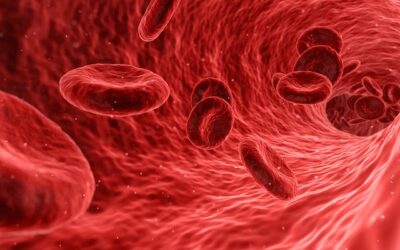Clinical measurements of heart or brain function require measuring electrophysiological signals at the surface of the skin. This is done with cutaneous electrodes which measure minute potential fluctuations at the surface of the skin. In order to reduce the electrical impedance between the electrode and the skin an aqueous-based gel is applied before the measurement. Unfortunately, such gels dry out in a few hours, degrading the signal quality and limiting the duration of the measurement.
Now, in research from a French collaboration, a new, quasi-solid-state electrode which is suitable for long term recording is reported. Aqueous gels were replaced with gels based on ionic liquids. The latter consist of oppositely charged ions that attract each other enough to lead to a material that is molten at room temperature, but does not evaporate. To enhance the signal quality, these gels were combined with a conducting polymer film patterned on a thin polymeric support.
The resulting electrodes formed highly conformal contact with skin, and provided a low impedance electrical contact. The recording quality of these electrodes, tested on a volunteer, was found to remain constant over several days. These new electrodes, the researchers believe, therefore pave the way for non-invasive, long-term monitoring of human electrophysiology.
















